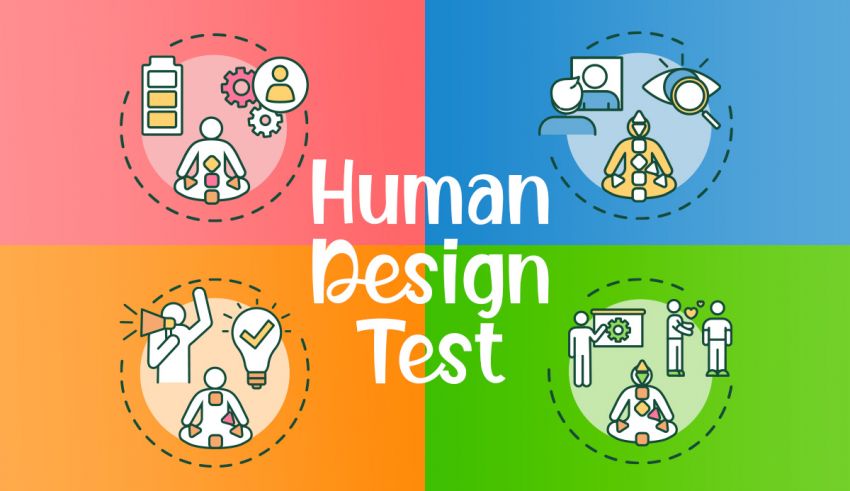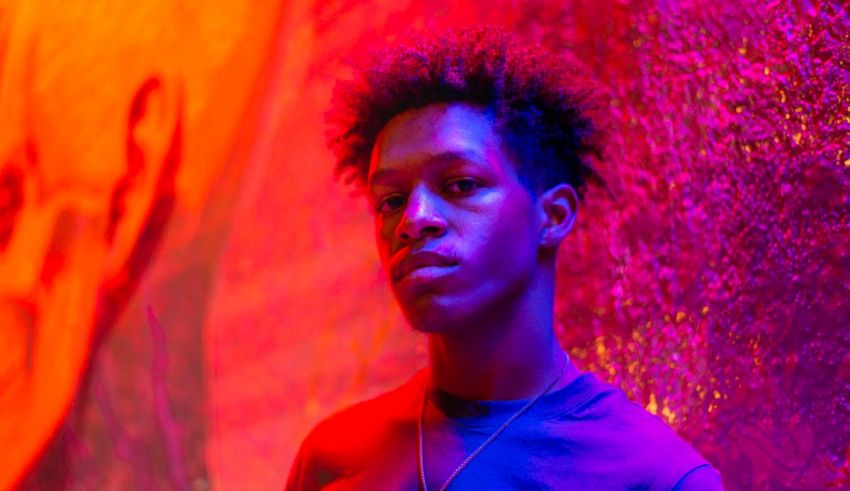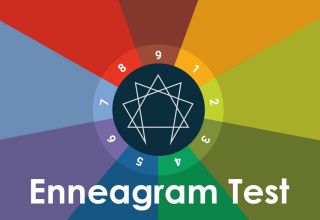
What is Human Design?
Human Design is a system of analyzing how an individual’s personality, strengths, and weaknesses are impacted by the energy lines in their body. It has been used to help people identify what they do best and find ways to live more happily. It also helps identify patterns that may be contributing to health issues or other problems that may arise throughout life.
What makes this method so special is that it gives people insight into themselves through a holistic approach that can be used for personal development and self-understanding.
An 80% Simplified Human Design Test
We created a design-type quiz that is far beyond simple and practical. It does not include any cumbersome and complicated data. Instead, it provides you with the exact pieces of information you need to understand the mechanics of the nature of your being.
Note: Check out Aura Color Test if you are entirely new to the idea. It will help you get your head around the basics before the actual quiz.
Brief-but-Beneficial Results
We excluded every unnecessary statistic and fact about your design type. The goal is to give you the shortest and most accurate answer possible. So, your results include only crucial and helpful material to help start your journey.
Based on the Original Manuscript by Ra Uru Hu
Our test is inspired by Ra Uru Hu’s initial 2011 guide. It is a 444-page long book called “The Definitive Book of Human Design: The Science of Differentiation.” We analyzed the whole book, so you do not have to.
Higher Accuracy Rate Due to This New Approach
The new forced-choice and self-report method on this page allow a precise breakdown of your character and Aura.
Your personality, current strategies, and the way you make decisions are key to understand the nature of your being. The Human Design Test uses such essential into to create your true profile.
But almost all other online tools predict if you are a Generator, Menifestor, Reflector, or Projector based on your birthdate. Such methods synchronize the results with astrological calculations—and eventually, leave you with a less accurate analysis.
5 Things that the Human Design Type Test Reveals
You receive additional practical details other than your primary Type. The following five factors are fundamental data you need to achieve self-awareness and find your true self.
1. Strategy
Ra Uru Hu defines Strategy as “A way of being in the world without resistance.” He believed that you Not-Self stops you from achieving your best. By understanding your unique Auric Mode, you have the chance to act/react to your life’s ups and downs consciously and knowingly.
2. Authority
Krystle Alfarero, a Human Design teacher & guide, defines Authority as “The way you are designed to make decisions.” Ra offers seven Authority types in a hierarchy: Solar Plexus, Sacral, Spleen, Heart, G, Environment, and Moon.
Note: You find out what your decision-making algorithm is in the test results.
3. Aura Type
Your Aura, or as some call it, the spiritual energy field, surrounds your body at all times. However, each Human Design Type’s energy has specific behavior. For instance, Generators’ Aura is Open and Enveloping. That is while the Reflectors’ energies are Resistant and Sampling.
Your results include a detailed analysis of your Aura’s behavior and how it affects your interactions.
4. Signature Goal
Breaking away from living a not-self life is what opens the way to achieve your Signature Goal. But note that every Type has its specific goal. For instance, Manifestors seek peace more than anything in life. Projectors desire success, and Reflectors value surprise factors in life.
5. Not-Self Theme
True Self is “your pure and natural behavioral nature designed for emerging without resistance into the world.” However, Not-Self is what you learn to be or the behavioral pattern you show because of others. The Human Design Type Test compares your genuine personality to the programmed one, so you know who you are.
Bonus: Famous People with Your Type
The Human Design Test also gives you a list of celebrities, politicians, artists, and well-known characters with the same Auric Model as you.
Are There 4 or 5 Human Design Types?
There are only four Human Design Types in Ra Uru Hu’s guidebook, Generators, Projectors, Manifestors, and Reflectors. “Manifesting Generator is not a separate type, but rather a variation of the Generator Type, with a subtle distinction that lies in its auric frequency.”
Below you read a brief description of each category. But make sure to take the test for a comprehensive breakdown.
Type #1: Generators
Generators and Manifesting Generators are the most common Human Design Types in the world. Together, they form 70% of the global population. And that amplifies this category’s significance to civilizations and societies. Individuals in this group are creators, builders, and inventors.
Type #2: Projectors
This category did not exist until 1781. It is all about seeing how things work and guiding others. Projectors from 21% of humanity. And they tend to be non-energy types, absorbing others’ energies instead of creating any.
Type #3: Manifastors
The second-rarest design type is Manifestor. (Only 9% of humans fall in this category). It is believed that they are natural leaders and rulers. Manifestors create an impact on others, encouraging them to move towards particular goals.
Type #4: Reflectors
The rarest Human Design Type is Reflector. Less than 1% of the world’s population matches this group. That is because Reflectors have no particular Center. Plus, they sample different energies around them.
| Human Design Type | Signature | Strategy |
| Generators | Satisfaction | To Respond |
| Projectors | Success | Waiting for the Invitation |
| Mainfestors | Peace | To Inform |
| Reflectors | Surprise | Waiting for a Lunar Cycle |
The True Benefits of Taking the Human Design Test
Ra believes, “There is a ‘way,’ but it can only be your way. Allow [Human Design Type] to guide and inform you and then, if it is correct for you, enter into the most extraordinary journey of your life.”
Here are some additional advantages of participating in the Human Design Test.
Self-Awareness
As Ra writes in his book, “The Human Design System, the Science of Differentiation, is a new system of self-knowledge that differs fundamentally from anything else that exists in the world because it is the only one designed to directly address the transformation of 9-centered human beings.”
It helps you have a better understanding of your inner thoughts and feelings. Plus, it enables you to align your actions with your personality, presenting yourself without any resistance.
Spiritual Growth
The Human Design Type Test can be the start of your spiritual journey. It helps to uncover your true self, befriending who you are without worrying about the consequences.
Energetic Alignment
Being aligned with your life energy is a gift not many have. The test allows you to line up with your Auric Model, using it to empower yourself.
Disclaimers
QuizExpo is not associated with any personalities and organizations mentioned in the Human Design Test. The questionary on this page is created independently. It is inspired by the initial work of Ra Uru Hu, though.
Reference:
Bunnell, R. U. H. L. (2021). Human Design: The Definitive Book of Human Design, The Science of Differentiation by Ra Uru Hu (2011–05-03) (1st Edition) [E-book]. HDC Publishing.































